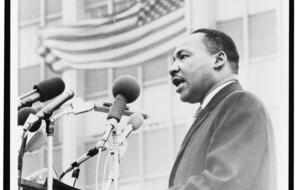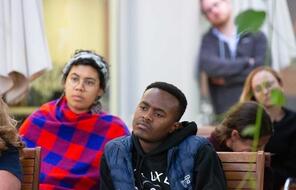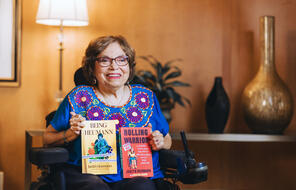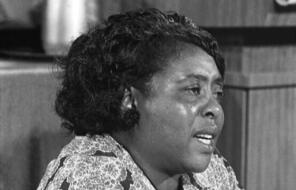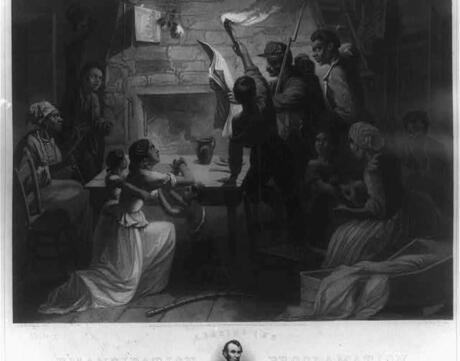
Freedom Dreaming and the Struggle for Equality after Emancipation
On January 1, 1863, just over 160 years ago, Abraham Lincoln signed the Emancipation Proclamation. While the Proclamation played a key role in determining the outcome of the Civil War, it took a long, bloody conflict and a constitutional amendment to end the enslavement of 4 million people in the United States.
Even still, during the period of Reconstruction after the war, it was unclear what Emancipation would actually mean for the lives and possibilities of newly freed people. The law remained vague and many questions about what freedom would look like in practice remained unanswered.
Into the void stepped millions of freedpeople determined to demonstrate control over their own lives and communities in the immediate aftermath of their enslavement. This was a groundbreaking moment and freedpeople attempted to leverage their dreams and aspirations of liberation, conceived and fought for generations prior to Emancipation, to shape the meaning of freedom.
In our Democracy and Freedom: US History Capstone Project resource, students examine expressions of these kinds of “freedom dreams” throughout history. Coined by historian Robin D. G. Kelley, the term “freedom dreaming” is used to describe the power of imagination as a tool for individual and collective liberation. Speaking of the importance of freedom dreams, Kelley notes that “without new visions we don’t know what to build, only what to knock down.” This quote resonates with the history of Emancipation and the freedom dreams it inspired.
Black Americans had long imagined robust economic, political, and social futures for their families and communities. To Garrison Frazier, a minister and leader of the Savannah, Georgia community of freedpeople, the bases of freedom and equality for Black Americans in the aftermath of Emancipation were economic rights, including land of their own, and the ability to live apart from the prejudice of white Americans.
In addition to land, the formerly enslaved believed that a key aspect of their new freedom was their entitlement to fair wages in exchange for their labor. Our unit on Reconstruction highlights an 1866 petition circulated by Black women laundry workers in Jackson, Mississippi in which the workers join forces to set a uniform pay rate for their labor. In the petition, the workers clearly state their aim: “We do not wish in the least to charge exorbitant prices, but desire to be able to live comfortably if possible from the fruits of our labor. “
To Jourdon Anderson, a former enslaved person writing in response to his former enslaver’s request that he return to work on the plantation, enjoying the fruits of his labor would have to include compensation for the work his family performed as slaves. Anderson wryly observed that the back pay would
…make us forget and forgive old scores, and rely on your justice and friendship in the future. I served you faithfully for thirty-two years, and Mandy [Anderson’s wife] twenty years. At $25 a month for me, and $2 a week for Mandy, our earnings would amount to $11,680.
Anderson’s tone indicated that he believed that freedom provided him the dignity to be able to address his former enslaver as his equal in social status.
At a time when the lack of definition of their freedom under the law could have led them to feelings of disempowerment and cynicism about American society, newly freed people instead imagined and acted on their dreams for a world free from enslavement, racism, and oppression. In the process, they shaped that world, empowering themselves and their communities with a new sense of power, agency, and possibility. Their freedom dreams would continue to reverberate for generations to come, even if their aspirations have not been fully realized.


